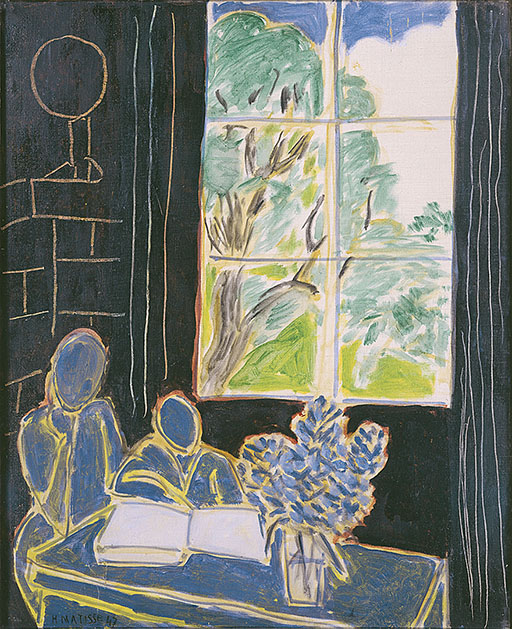Conclusion
While often thought of primarily as a form of entertainment, reading books offers so much more as an engaged activity as well. As you have learned in this course, reading can lead to psychological changes and can have positive impacts on our wellbeing in distressing times. As we write this course in 2021, the potential benefits of reading might be argued to be of particular significance. This time has brought challenges to the way we interact with others, and has challenged our ability to physically spend time with other people. Reading may be one way in which we can enjoy the company of a whole cast of interesting individuals, Heroes and Heroines, Villains, Witches, Wizards and Vampires, all depending on our literary tastes. By putting on the shoes of another in a story we read, we can inhabit the lives of others, and learn something of our social world and the inner lives of others, without even setting foot outside our own front door. Strikingly, studies have also shown that transportation into a story enables the reader to change their empathic responses to others in real life (e.g. Johnson, 2012; Paluk, 2009).
In research by one of the authors of this course, we have even found that reading interventions are able to alter empathic responding to non-positive role models (Walkington et al. 2020) and such results show that reading can lead to potentially important behavioural change within society.
As you have come to understand in this course, the experience of reading stories is in itself an activity that connects humanity through the centuries. When we think about the collective experience of reading, and the human desire throughout history to share its transformative effects, we learn that when we engage our imaginations, we share in a whole set of human processes that can establish links where there were perceived divisions, or a sense of disparateness. Reading may encourage us to discover we are more connected than we knew, and this experience can sustain us astonishingly well in times of need.

